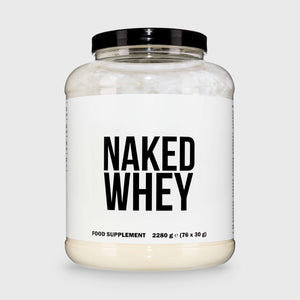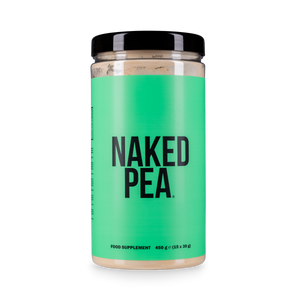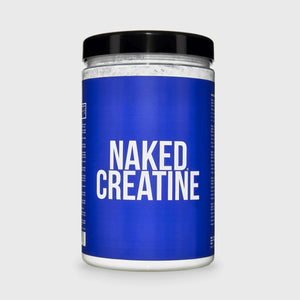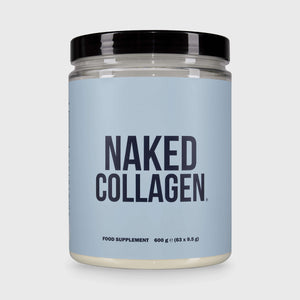BCAA supplements are often taken to boost muscle growth and enhance exercise performance. They may also decrease soreness after an intense workout.
Keep reading to learn when you should take BCAAs.
What are BCAAs?
There are 20 amino acids that serve many functions in the body. Not only are they needed to build and repair tissues (including muscle), but they also act as important neurotransmitters and hormones.
BCAAs, or Branched-Chain Amino Acids, are a group of three essential amino acids: leucine, isoleucine, and valine.
Essential amino acids are those that our bodies cannot produce on their own, so we must obtain them through our diet or supplements. BCAAs are unique because they make up around 35% of our muscle protein, making them crucial for muscle growth and repair.

Do We Get BCAAs From Food?
Yes, BCAAs are naturally found in various protein-rich foods. Lean meats like chicken, turkey, beef, dairy products, eggs, and legumes are all excellent sources of BCAAs.
However, the amount of BCAAs in whole foods might not always be sufficient to meet the demands of intense workouts and muscle recovery. This is where BCAA supplements come into play.
Check out our strawberry lemonade BCAAs.
Is There a Need to Take a BCAA Supplement?
For most people, getting BCAAs from a balanced diet is sufficient to support their fitness goals. However, if you're an avid gym goer, fitness enthusiast, athlete, or someone who does intense training sessions often, supplementing with BCAAs might offer some benefits.
BCAA supplements can provide a convenient and concentrated source of these amino acids, especially when whole food sources are limited.
What are the Benefits of BCAAs for Athletes?

If you supplement with BCAAs, they offer several potential benefits, especially for those who are physically active:
Muscle Recovery
BCAAs can help reduce muscle soreness and aid in the recovery process after strenuous workouts. They work by promoting protein synthesis, the process that helps repair and build muscles.
Muscle Growth
Leucine, one of the BCAAs, plays a crucial role in stimulating muscle protein synthesis, which is essential for muscle growth and strength gains. One study showed that people who drank BCAAs after their resistance workout had a 22% greater increase in muscle protein synthesis compared to those who did not.
Reduced Fatigue
Your muscles use BCAAs during exercise, causing levels in your blood to decrease. When blood levels of BCAAs decrease, your body releases more of the essential amino acid tryptophan in your brain. Your brain converts tryptophan to serotonin.
During prolonged exercise, serotonin levels in the brain rise, contributing to feelings of fatigue. BCAAs can help reduce the production of serotonin, potentially delaying the onset of fatigue.
Preserved Muscle Mass
When you're in a calorie deficit (e.g., during cutting phases), it can be difficult to consume enough protein and BCAAs from food sources. Supplementing with BCAAs can boost your intake and help prevent the breakdown of muscle tissue for energy.
Several studies show that supplementing with BCAAs is an effective way to prevent muscle loss.

Is it Better to Take BCAAs Before or After Training?
The timing of BCAA supplementation may influence its effectiveness. Few studies have examined the difference between taking BCAAs before or after a workout.
One small study showed that taking BCAAs before exercise decreased muscle soreness and blood level markers of muscle breakdown.
Taking BCAAs before training might provide your muscles with the necessary amino acids to reduce muscle breakdown and prevent fatigue during exercise.
Another study showed little difference between taking BCAAs before or after a workout. Both groups had similar increases in strength and body composition.
BCAA supplements are convenient and portable, so it’s simple to consume them shortly before or after a workout based on what works and feels best for you.
BCAA vs. Creatine: What's the Difference?

BCAAs and creatine are two popular supplements in the fitness world that are used to muscle and strength gain.
Here here are the main differences between the two:
- BCAAs are essential amino acids and are not produced naturally in your body
- Creatine is produced naturally in your body
- BCAAs can be consumed from food sources including meat, dairy, and plant-based sources
- Creatine is available in meat, making it inaccessible for vegans and vegetarians to integrate into their diets
Research suggests that both creatine and BCAAs can help with muscle growth and increased strength. Depending on your goals, you might consider using one or both of these supplements.
Are There Risks of Side Effects With BCAAs?
Generally, BCAAs are considered safe when taken within recommended doses. However, excessive consumption of BCAAs can lead to an imbalance of other amino acids in your body.
Additionally, people with certain medical conditions, such as maple syrup urine disease, should avoid BCAA supplementation.
Conclusion
BCAAs can be a great addition to your supplement routine if your goal is to gain muscle and boost recovery.
While whole foods provide BCAAs, supplements offer a convenient way to ensure you're getting the optimal amount, especially during intense training periods.










